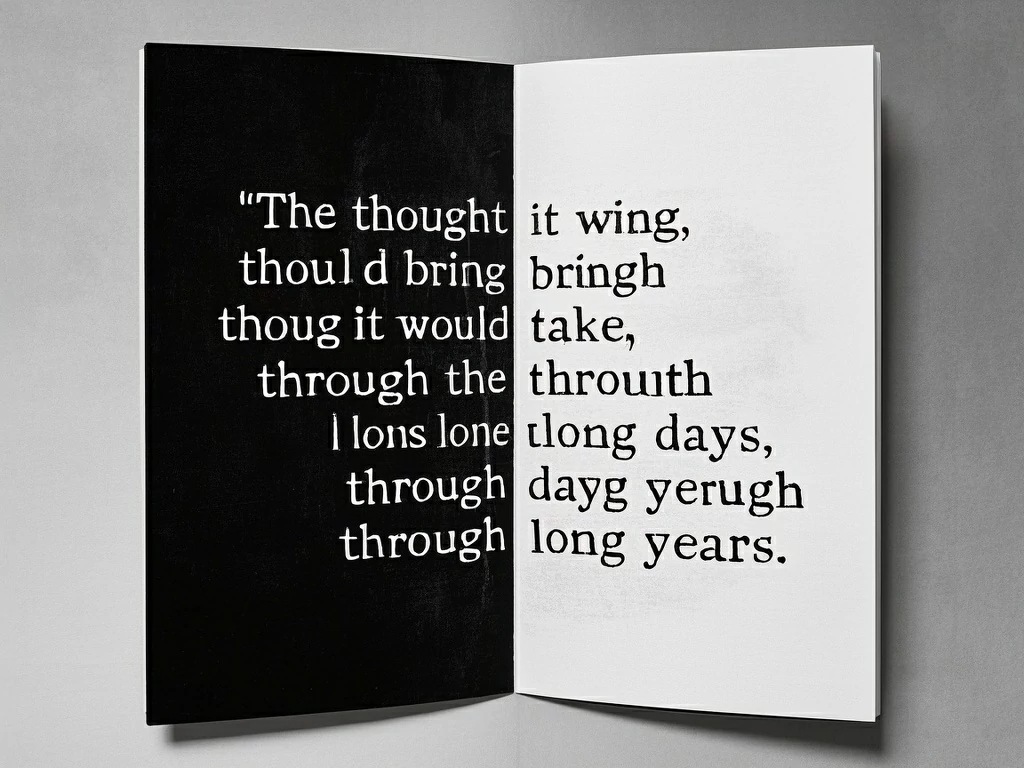The ‘-OUGH’ spelling ranks among English’s most baffling linguistic quirks. Historical shifts in vowel pronunciation, combined with the language’s habit of assimilating foreign terms, have transformed this letter cluster into a chaotic jumble of divergent sounds.
Let’s examine the variations:
Thought
Adding a ‘t’ produces /ɔː/ (the aw sound in law) followed by a /t/. The -gh is silent, making these words rhyme with port. Common in past-tense verbs like bought, sought, and caught.
Rough
Pronounced /ʌ/ (the uh sound in up) plus /f/, creating rhymes with stuff. Examples include tough and enough.
Plough
Features /aʊ/ (the ow sound in now). Seen in less frequent words like bough or drought (rhyming with out when a /t/ is added).
Through
Uses /uː/ (the oo sound in too), with silent -gh. Rhymes with do.
Though
Pronounced /əʊ/ (the oh sound in go), silent -gh makes it rhyme with so. Examples: dough and although.
Cough
Combines /ɒ/ (the o sound in off) with /f/, rhyming with off. Example: trough.
Slough (British: like plough; American: like through) and hiccough (often spelled hiccup) represent rare cases. Similarly, lough (Irish for lake, pronounced like lock) and thorough (British: schwa /ə/; American: /əʊ/) are less common.
Fortunately, patterns 5, 7, and 10 rarely appear in everyday usage.
This leaves seven primary pronunciations worth mastering. Can you list more examples for each category? Which sound-spelling pairs trip you up most? Share your experiences below!






